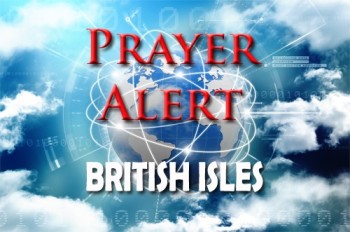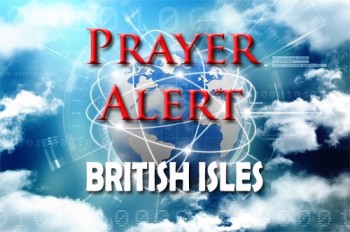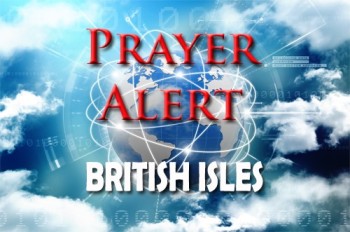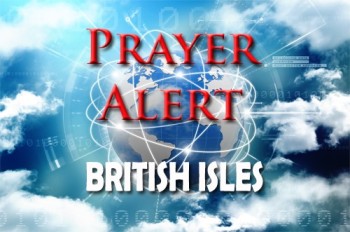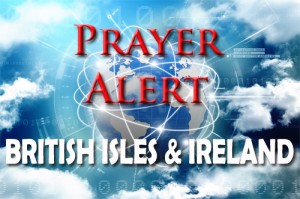Displaying items by tag: royalty
Prince Harry and the media
Prince Harry has been on a collision course with the tabloid press for years - and finally he is pressing charges of phone hacking. He has said that changing the media landscape is his ‘life's work’, and this gladiatorial courtroom encounter could be one of his own defining moments. He has a single-minded determination to keep going without settling and is rich enough to take the financial hit if he loses. He has found this wasn’t like taking questions from Oprah Winfrey in a celebrity interview. He had a hostile encounter with a highly-skilled cross-examiner armed with a battery of techniques to undermine credibility. Giving evidence is daunting.
Pageantry and protests
The royal family waved at crowds and watched a flypast at Buckingham Palace's balcony after the King and Queen’s coronation that was full of ancient Christian pageantry and symbolism. The 2,200 guests included the Royal Family, celebrities, faith leaders and heads of state. Thousands lined London streets to catch a glimpse of the King and Queen and members of the royal family in coaches and limousines as they went past. Elsewhere 52 members of Republic, the anti-monarchy group, were among those arrested near Trafalgar Square for public order offences, breach of the peace, and conspiracy to cause a public nuisance. Their organisers were arrested earlier that morning when police seized hundreds of placards saying, ‘Not My King’. Human Rights Watch said the coronation arrests were ‘something you would expect to see in Moscow not London’. Christian barrister Paul Diamond said that arresting anti-monarchist protestors before the coronation was an instance of ‘serious lawlessness by the police’.
Coronation: public invited to swear allegiance
People watching the Coronation will be invited to join a ‘chorus of millions’ declaring, ‘I swear that I will pay true allegiance to Your Majesty, and to your heirs and successors according to law. So help me God.’ The archbishop will proclaim, ‘God save the King’, with a response, ‘God save King Charles. Long live King Charles. May the King live for ever.’ There are several changes to the ancient ceremony. Female clergy will play a prominent role; the King himself will pray out loud; leaders from other faiths have an active part; and it will incorporate hymns sung in Welsh, Scottish Gaelic and Irish Gaelic. But the oaths that form the heart of the service remain unchanged, including the promise to maintain ‘the Protestant Reformed Religion’. Justin Welby said this coronation would ‘recognise and celebrate tradition’ and contain ‘new elements reflecting the diversity of our contemporary society’.
Scotland: views and traditions of coronation
According to a YouGov poll, almost three-quarters of people in Scotland do not care about the coronation, and only 46% think that Britain should continue to have a monarchy in future, with 40% saying it should have an elected head of state instead. The poll of 1,032 people between 17 and 20 April found that 44% of respondents have a positive view of the royal family in general, 47% have a negative view, and the remainder do not know. See Scotland’s centuries old Stone of Destiny is an important traditional part of the coronation service. It was transported from Edinburgh to be set into the coronation throne on which the King will sit when he is crowned.
The Church and royalty
According to the National Secular Society, Prince Charles’s accession to the throne could trigger a national debate about the relationship between the Church of England and the state, providing an ‘opportune moment’ to make the case for disestablishment. Debate about whether an established, privileged ‘state church’ is appropriate in an increasingly multi-faith and secular society is seen by many as off-limits while the Queen remains monarch. But the society’s report says Charles’s coronation is likely to throw up pressing questions about the institutional links between church, monarchy and parliament, claiming that the disestablishment of the church is now necessary and inevitable. Only two countries in the world, Britain and Iran, have religious leaders in their legislatures by right. Pray for the continuation of a monarchy crowned and anointed by the Archbishop of Canterbury at Westminster Abbey.
